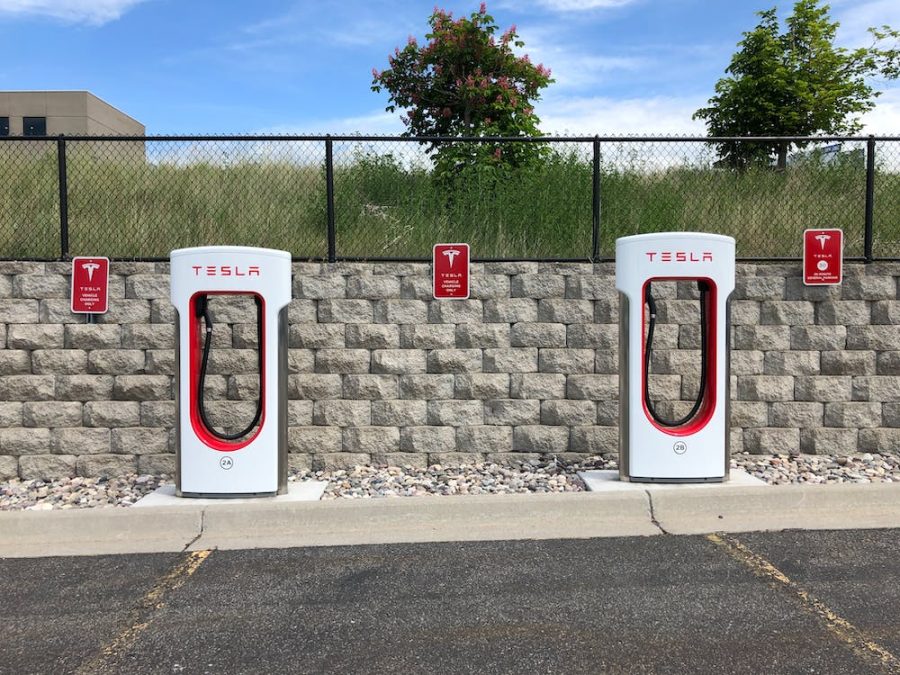Let’s Talk about Cars: Electric vs. Gas
Fun fact: Cars and trucks release about 20% of all greenhouse gases emitted in the United States. These troubling statistics have inspired many car companies to develop alternatives to help offset the staggering amounts of carbon dioxide that cars produce (approximately 4.6 metric tons of carbon dioxide per car each year).
It is no secret that gas- and diesel- powered vehicles release greenhouse gases that contribute to the ongoing climate crisis. Global temperatures are on the rise, and increasing amounts of consumers are in search of alternatives to try to help Mother Earth. Cars powered by electricity are an up-and-coming method that is gaining popularity around the world. There is a great deal of support for them, considering that they have zero emissions on the road, are much more environmentally friendly, and save drivers from oil changes and high gas prices.
Despite these attractive features, electric cars have been a topic of controversy in recent years. Opponents of this revolutionary driving technology pose thought-provoking questions and ideas that create doubt regarding the main benefits of electric cars, such as where do the batteries go when they are no longer usable? Others also say that electric cars are dangerous and frequently catch fire.
Leading companies that supply electric vehicles have issued statements on their respective websites that debunk the common misconception that used electric car batteries are dumped into landfills. Tesla.com states, “…materials in a Tesla lithium-ion battery are recoverable and recyclable” and “None of our scrapped lithium-ion batteries go to landfilling, and 100% are recycled.”
Additionally, Toyota.com dedicated an environmental sustainability section of their website which goes through a detailed process of how used batteries are either refurbished or broken down and recycled.
Everyone has seen news reports of electric cars lighting on fire. The question is, how many news reports are there about gas cars lighting on fire? These are much less frequently reported on news sites even though they are more common than electric car fires.
A study was performed by car insurance experts at AutoinsuranceEZ.com. Using data collected from the National Transportation Safety Board, Bureau of Transportation Statistics, and government recall data from Recalls.gov, researchers of the study were able to break down the true numbers of car fires by vehicle and fuel type.
The study concluded that between gasoline and electrically powered vehicles, gas cars are over 60 times more likely to catch fire than electric cars. The exact numbers are as follows:
- Gas vehicles: 1,529 fires per 100K cars
- Electric vehicles: 25 fires per 100K cars
As of November 2022, the total number of electric car fires is 52. In comparison, there have been an astonishing total of 199,533 gas car fires.
CLearly, the main myths surrounding electric cars have been debunked. Electric car batteries are recyclable and are not dumped into landfills as adversaries state. Leading companies are actively recycling their used car batteries. Gas cars are much more likely than electric cars to light on fire, not the other way around. Even if you don’t have an electric car, you can still do your part to help the Earth. Please take a close look at your lifestyle and see if there are any changes you can make, however insignificant, to take part in the fight against climate change.
Sources:
https://www.epa.gov/transportation-air-pollution-and-climate-change/carbon-pollution-transportation
https://law.lclark.edu/live/blogs/156-car-emissions-are-a-major-source-of-pollution
https://www.tesla.com/support/sustainability-recycling






